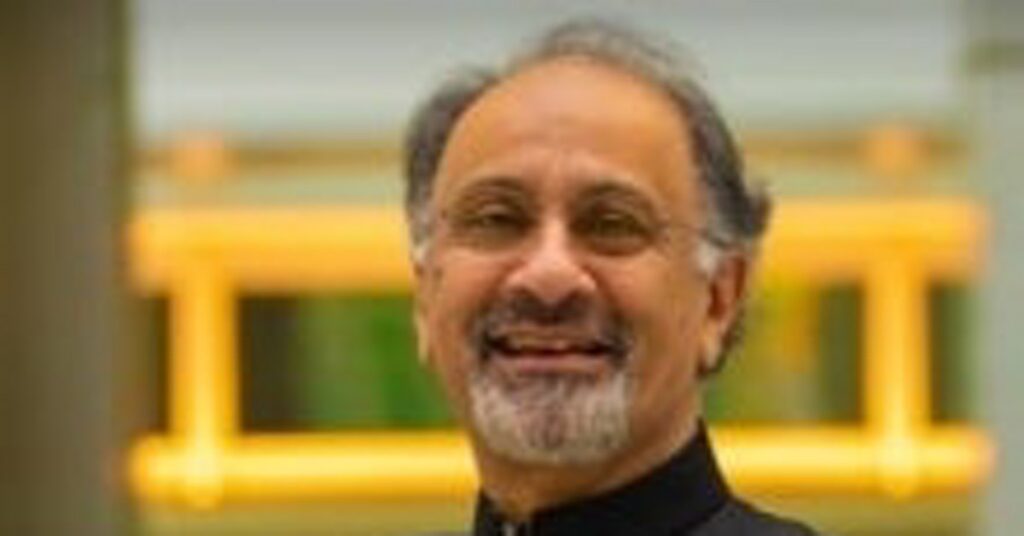The World Bank has warned that restrictive trade and investment policies adopted by many governments are threatening to choke off foreign direct investment, which remains critical to economic growth in Nigeria and other developing economies.
In a report released ahead of the Conference on Financing for Development scheduled to take place in Seville, Spain, from June 30 to July 3, the bank revealed that FDI into developing economies dropped to $435bn in 2023, its lowest level since 2005. Advanced economies fared no better, receiving only $336bn, the weakest inflow since 1996.
Chief Economist and Senior Vice President at the World Bank, Indermit Gill, attributed the plunge in investment to deliberate policy choices by governments.
“It’s not a coincidence that FDI is plummeting to new lows at the same time that public debt is reaching record highs,” Gill said.
“Private investment will now have to power economic growth, and FDI happens to be one of the most productive forms of private investment. Yet, in recent years governments have been busy erecting barriers to investment and trade when they should be deliberately taking them down.”
As a share of GDP, FDI inflows to developing economies stood at just 2.3 per cent in 2023, compared to nearly twice that level during the peak year of 2008.
Deputy Chief Economist and Director of the Prospects Group at the World Bank, Ayhan Kose, described the trend as alarming and said reversing it must be an urgent priority for governments and development partners alike.
“With the global community gearing up for the Conference on Financing for Development, the sharp drop in FDI to developing economies should sound alarm bells,” Kose said. “Reversing this slowdown is not just an economic imperative; it’s essential for job creation, sustained growth, and achieving broader development goals.”
The bank noted that so far in 2025, half of all FDI-related policy changes in developing countries have been restrictive, the highest share since 2010.
According to the report, investment treaties can increase FDI between countries by over 40 per cent, but between 2010 and 2024, only 380 new treaties came into force, compared to over 1,000 in the 1990s. Similarly, new trade agreements have fallen sharply, from an average of 11 annually in the 2010s to just six in the 2020s.
The World Bank recommended that governments prioritise reforms that attract FDI by improving the business climate, reducing informality, strengthening institutions, and investing in human capital. Countries that have made progress in these areas tend to see a significantly higher economic payoff from foreign investment.
It said a 10 per cent rise in FDI inflows could raise real GDP by 0.3 per cent in three years and up to 0.8 per cent in countries with strong institutions and higher productivity.
The report also flagged unequal FDI distribution, noting that two-thirds of inflows to developing economies between 2012 and 2023 went to just 10 countries. China alone received nearly one-third of the total, while the 26 poorest countries collectively received just two per cent.
The World Bank urged global cooperation to steer FDI into countries with the greatest need, stressing the importance of maintaining a rules-based order and supporting structural reforms through technical and financial assistance.
The bank said it would continue to play a key role in mobilising private capital by helping lower investor risk, improving market conditions, and scaling up private sector engagement.















